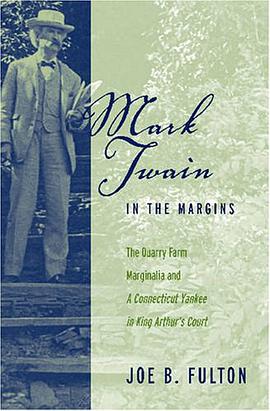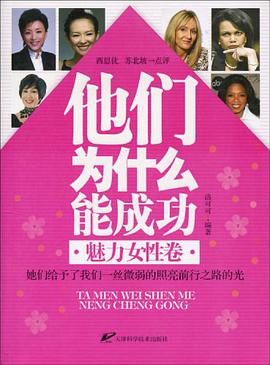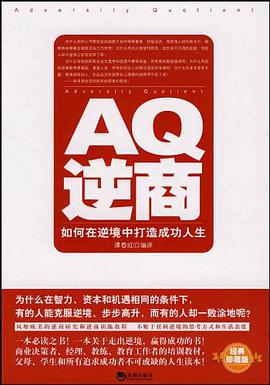

Breaks new critical ground by exploring philosophical and aesthetic issues germane to the writings of three major modern literary figures. In the 1920s and '30s, understandings of time, place, and civilization were subjected to a barrage of new conceptions. Ronald Berman probes the work of three writers who wrestled with one or more of these issues in ways of lasting significance. Hemingway, Fitzgerald, and Orwell all grappled with fluid notions of time: Hemingway's absolute present, Fitzgerald's obsession with what might be and what might have been, and Orwell's concerns with progress. For these authors, progress is also tied to competing senses of place--for Fitzgerald, the North versus the South; for Hemingway, America versus Europe. At stake for each is an understanding of what constitutes true civilization in a post-war world. Berman discusses Hemingway's deployment of language in tackling the problems of thinking and knowing. Berman follows this notion further in examining the indisputable impact upon Hemingway's prose of Paul Cezanne's painting and the nature of perception. Finally, Berman considers the influence on Orwell of Aristotle and Freud's ideas of civilization, translated by Orwell into the fabric of "1984 and other writings. Ronald Berman is Professor of English at the University of California at San Diego and past chairman of the National Endowment for the Humanities. He is author of six books, including ""The Great Gatsby" and Fitzgerald's World of Ideas and" Fitzgerald-Wilson-Hemingway: Language and Experience.
具体描述
读后感
评分
评分
评分
评分
用户评价
相关图书
本站所有内容均为互联网搜索引擎提供的公开搜索信息,本站不存储任何数据与内容,任何内容与数据均与本站无关,如有需要请联系相关搜索引擎包括但不限于百度,google,bing,sogou 等
© 2025 book.wenda123.org All Rights Reserved. 图书目录大全 版权所有




















